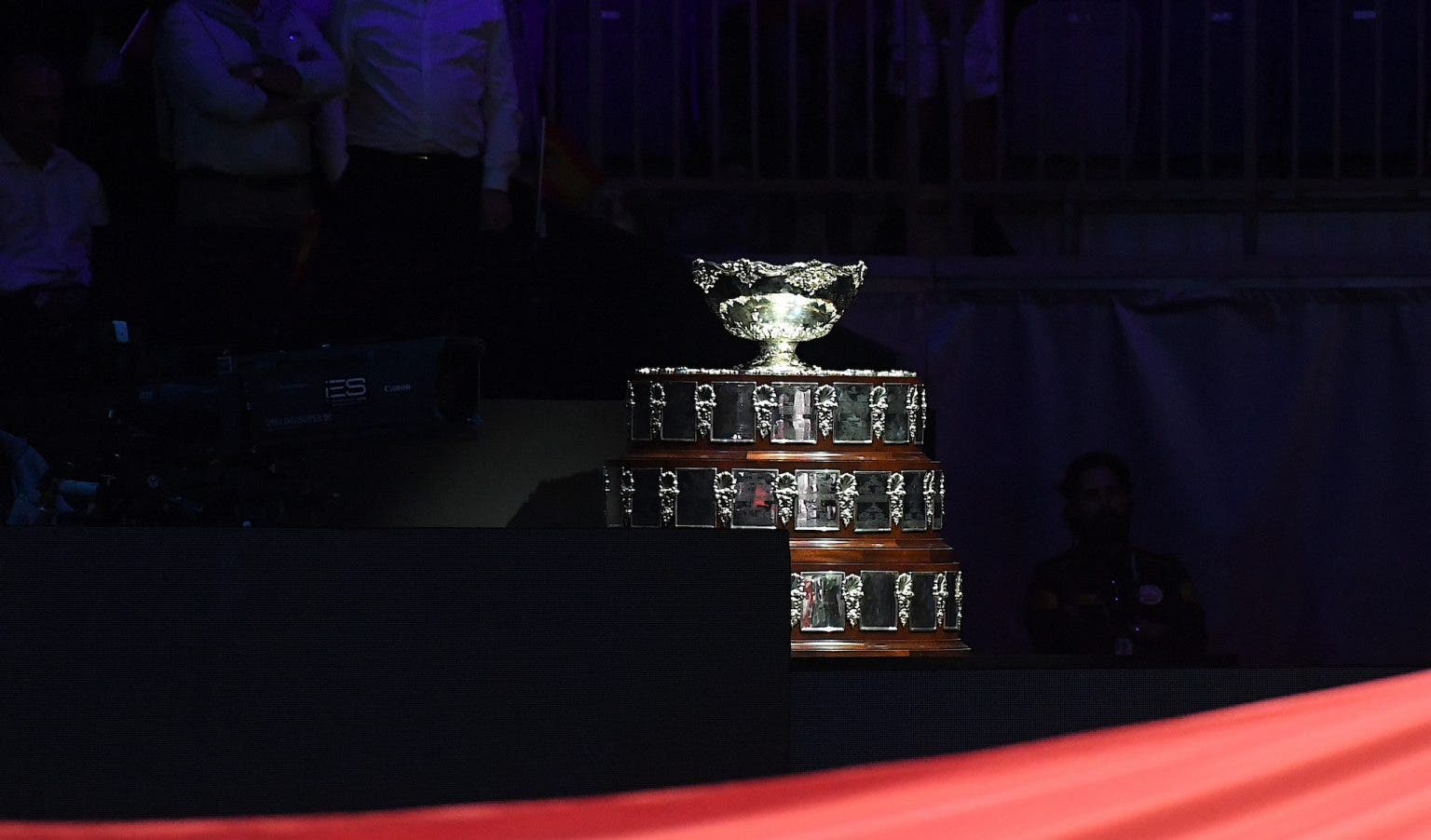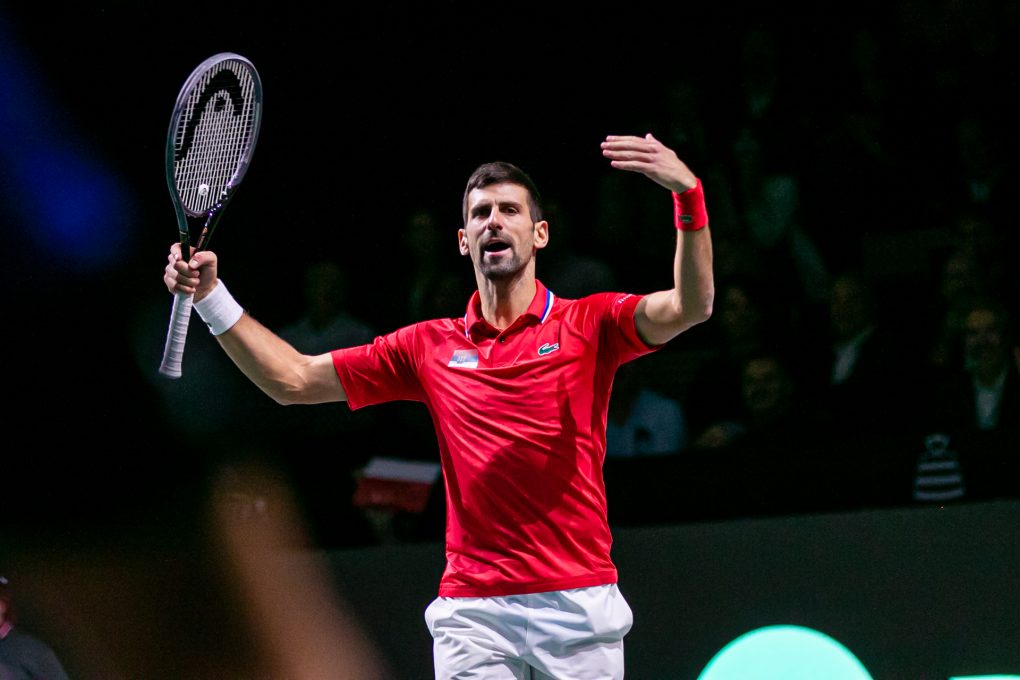The Australian Open ended barely a week ago and tennis has celebrated another milestone of its ever-grueling calendar. The past weekend saw Davis Cup select the 16 teams for the final stage of the competition through the Qualifiers that took place across continents and time zones.
We gave an account of the results of these 12 ties, some of which ended in a nailbiter, over the course of the past few days. Here, however, we want to stress once again how this highly criticized event, profoundly changed in its formula by the “Kosmos revolution”, still manages to generate unique emotions in its actors despite the lack of some components that had accompanied its history for over a century.
The tears of Nicolas Massu, captain of the Chilean national team, after the victory of the decisive match by Alejandro Tabilo over Peruvian Ignacio Buse summarise what Davis Cup means in that country, in which there are entire areas devastated by fires and whose populations were mentioned by the former Olympic gold medalist: “This victory is for those who are going through a difficult time – said Massu in front of the packed stands of the Estadio Nacional in Santiago even though it was already past midnight – in the hope that it can bring them at least a little happiness.”
The tie between Chile and Peru, won 3-2 by the hosts, reminded everyone, in case it was needed, of the charm of the “home and away” component of the Davis Cup, that is when one of the teams hosts the opponent on their own turf. But he wasn’t the only one: the tie decided in the third set tie-break in the deciding singles between Argentina and Kazakhstan, played on clay in Rosario, in which Sebastian Baez angrily snatched the last four points against Dmitry Popko, as the light was fading in the Argentine summer evening, provided a moment of great emotional intensity.
And it is worth noting that nothing has been taken away from the drama of these matches by the distance of the two sets out of three of all the matches: the “best of five” would have lengthened the matches and made some of these clashes as epic as perhaps impossible to follow by a television audience that cannot have entire days available (and it would have been three days instead of two) to follow Davis Cup matches.
This year the ITF has granted greater flexibility on the scheduling of matches: when this new formula debuted, the “home and away” ties had to be played on Friday and Saturday, to leave Sunday as a travel day for players who had to reach the venue of the next tournament. However, we have now seen different variations, with some host countries deciding to play on Saturday and Sunday to maximize the attendance of the crowd. The match between Ukraine and the USA even took place on Thursday and Friday in Vilnius, Lithuania, to facilitate the return of American players to Dallas, home of the next ATP tournament.
This Davis Cup formula is not perfect, this has been clear for quite some time. And the ITF, now back in control of the event after the failure of the Kosmos experiment, is going ahead in a succession of trials and errors trying to fit a round peg in a square hole, or rather safeguarding what good things the old Davis Cup formula still had by mixing them with the new element of the round-robin groups which significantly simplifies players’ lives, makes the competition logistically more predictable and, most importantly, limits the total cost of the competition.
The solution with the four groups in September and the knockout finals in November seems promising, but there are still too many matches played in front of half-empty arenas populated by only a few hundred fans. The groupings in a single venue, if on the one hand allow for more efficient logistical planning and limit unexpected changes of surface for the players, on the other hand in some cases remove the crowd factor which has very often been the essence of historic Davis Cup matches. One of the pillars of Kosmos’ vision, the ”World Cup of Tennis”, immediately proved to be an unattainable chimera, and that’s where Kosmos’ entire business plan started to crumble. Expecting tennis to have a sufficient number of fans willing to travel across the world to follow their national team, and do so every year, has proven to be completely unrealistic.
It is necessary to find corrective measures to bring the atmosphere of “home and away” ties to the arenas of round-robin groups. And one of these corrective measures could be to group the teams taking into consideration some geographic criteria. Up to this moment all the round-robin groups of the “new Davis Cup” have been played in Europe: many of the top players are European, most of the teams competing are European, and therefore it was a quite logical consequence. But if we look at the list of the 16 teams qualified for the September 2024 groups, we will notice that there are five teams from the American continent: Argentina, Brazil, Canada, Chile and the USA.
If it were possible to organize a grouping with four of these national teams in North America, Davis Cup would benefit immensely: a week-long event in a large arena in Canada or the USA, in a city with a strong immigrant component in which each of the South American national teams could count on a base of “local” fans, with the strong historical rivalries of these national teams (for example Canada vs USA, Argentina vs Brazil, Argentina vs Chile just to name a few) creating an incandescent atmosphere in the stands.
American players should not travel to Europe after the US Open and before the Asian swing, at that time NBA basketball and NHL hockey have not yet started, so it should not be difficult to find the availability of one of the iconic arenas in the United States or Canada. Furthermore, in this way, television broadcasters would also benefit as they would have some matches staggered by time zone instead of having four events almost all at the same time in Europe. Not to mention that American broadcasters would be able to show the ties of their own teams at more comfortable times, rather than early in the morning.
If we think about it, even American professional leagues such as the NBA and the NHL have created “divisions”, sub-groupings that require some teams to face each other more often than others, which not only limits the travel days in the very busy calendars of professional leagues but they are also designed to fuel historic rivalries in order to create an ever-increasing number of matches that can ignite the interest of fans.
The Davis Cup needs to find a similar mechanism to ensure that fewer and fewer aseptic matches are played in the echoing void of a deserted arena. In a few weeks the draw will decide the four September groups, when at least two of the three venues seem more or less safe (Bologna, Valencia and probably one in the United Kingdom). Last year the fourth venue for the September groups was Split, in Croatia, but this year Croatia will not take part in the Final stage after the defeat at home against Belgium last weekend. It will be unlikely that the ballot box will deliver an “entirely American group, but for the Davis Cup and for tennis it would be a godsend. Let’s hope the ITF can spot this enormous opportunity and acts accordingly.
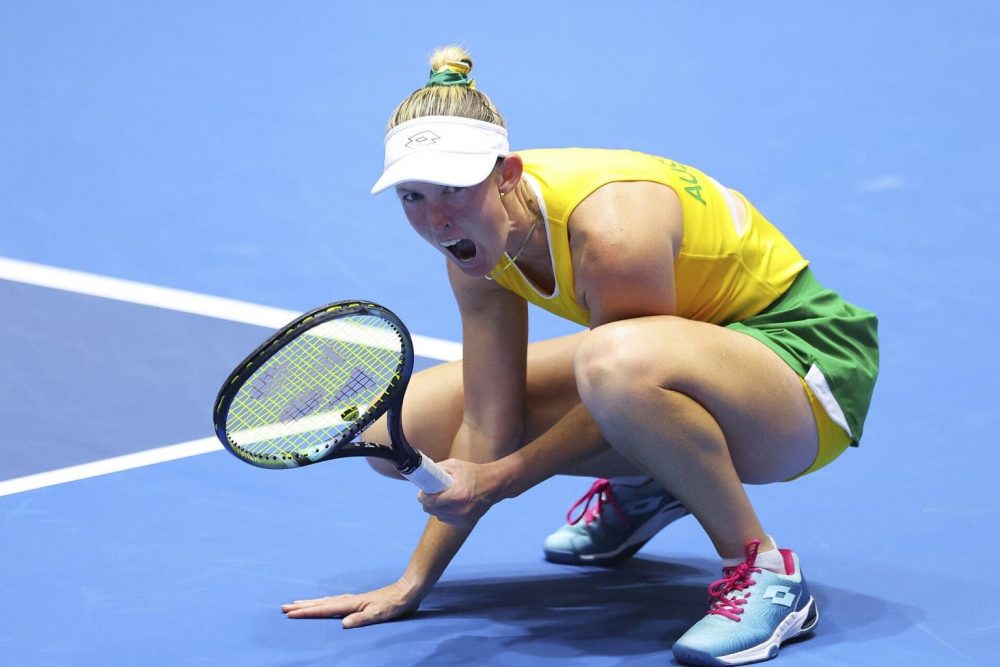
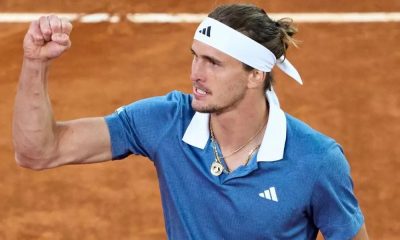
 ATP3 days ago
ATP3 days ago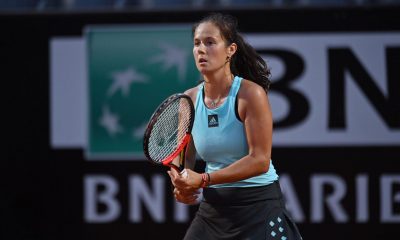
 Hot Topics2 days ago
Hot Topics2 days ago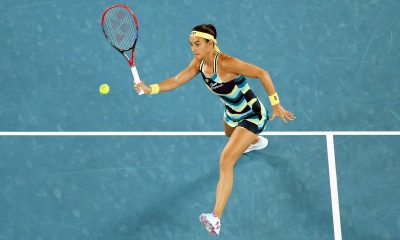
 Latest news2 days ago
Latest news2 days ago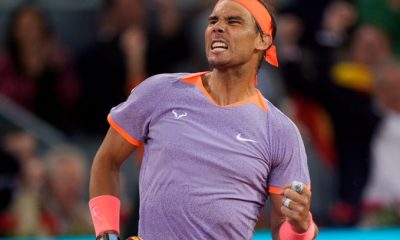
 Focus3 days ago
Focus3 days ago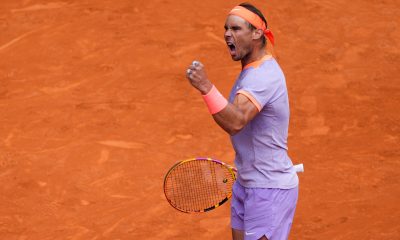
 Hot Topics2 days ago
Hot Topics2 days ago
 Focus2 days ago
Focus2 days ago
 Hot Topics14 hours ago
Hot Topics14 hours ago
 Latest news1 day ago
Latest news1 day ago


